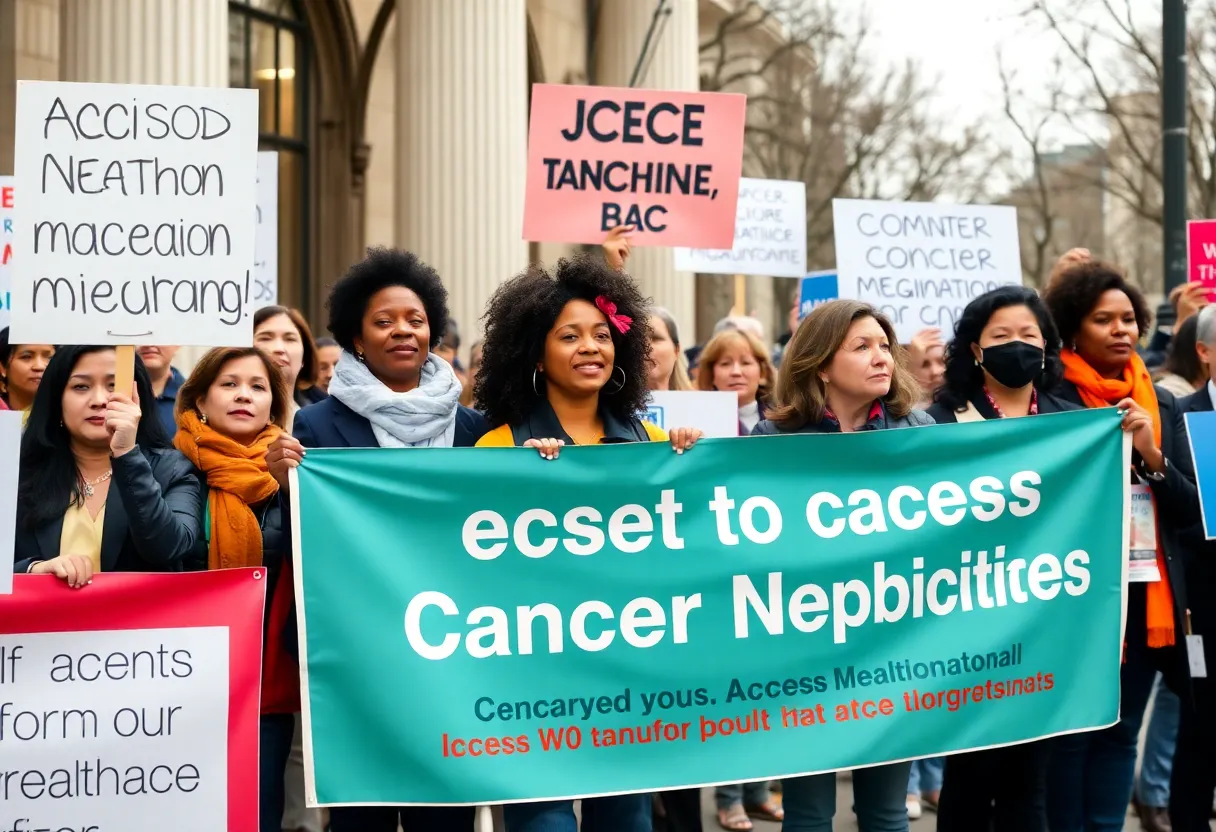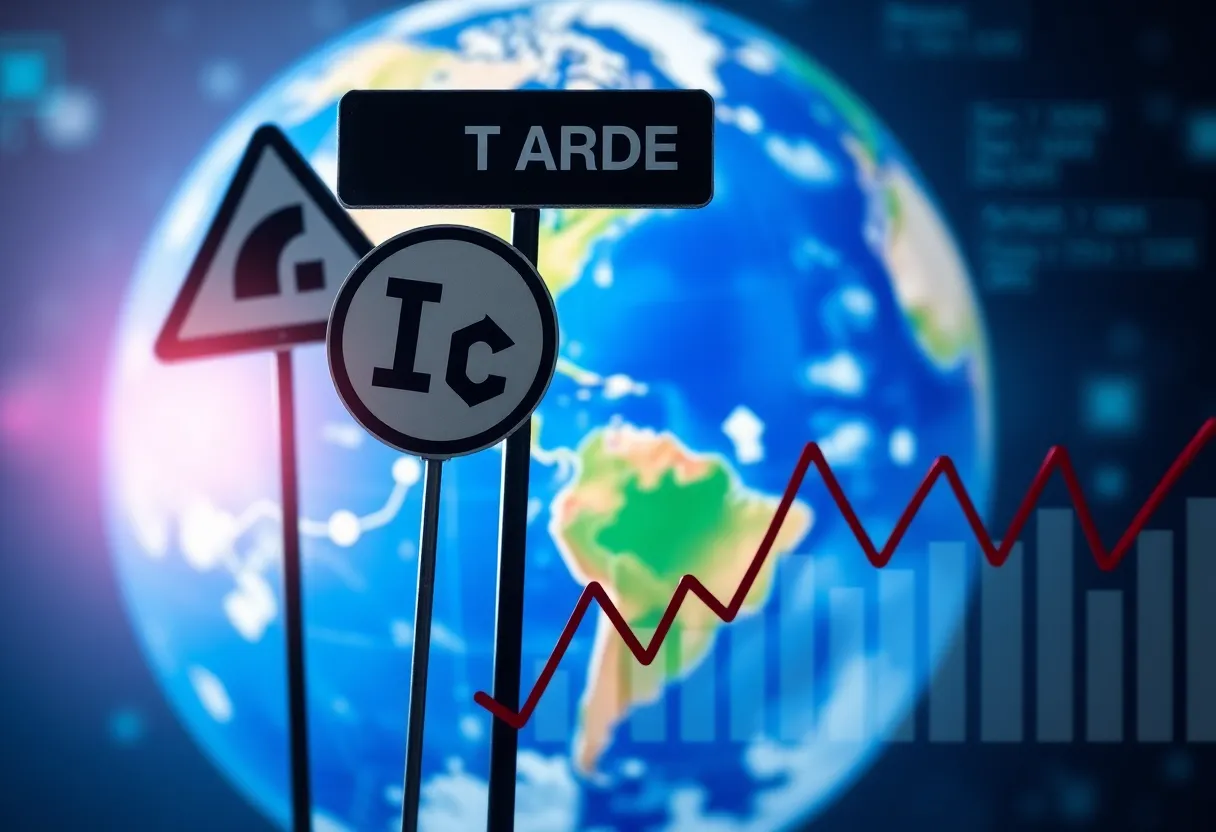News Summary
Ucan Ireland, a newly formed patient advocacy group co-chaired by Miriam Staunton, aims to improve access to essential cancer medications in Ireland. The group addresses the pressing issue of delayed drug approvals and advocates for more timely access to life-saving treatments, emphasizing the vital need for a collective voice among cancer patients. As Ireland lags behind its European counterparts in drug access, Ucan Ireland pushes for reforms in the reimbursement system to ensure timely medication availability.
New Patient Advocacy Group Ucan Ireland Seeks Change in Cancer Drug Access
A new wave of hope has emerged for cancer patients with the formation of Ucan Ireland, a dedicated patient advocacy group focused on ensuring access to the latest and most effective cancer medications. This group is co-chaired by Miriam Staunton, who herself faced a tough battle against stage 3 melanoma back in 2018. Her personal journey, like many others, highlights the pressing challenges that cancer patients encounter when trying to access life-saving treatments.
Uniting a Community
The mission of Ucan Ireland is crystal clear: to unite cancer advocates from all corners of the nation, representing various types and stages of cancer. The need for such a collective voice has never been more vital, as Staunton pointed out that the issue of access to medication is a growing concern. In fact, it is regarded as the most critical issue for cancer patients today, a problem that has intensified over the years.
Even before the official launch of Ucan Ireland, the group caught the attention of Health Minister Jennifer Carroll MacNeill, who reached out to express her interest in working together. This connection indicates that there may be some positive developments on the horizon for cancer patients struggling to obtain necessary treatments.
A Glum Comparison
When examining the current landscape of drug approvals, it becomes evident that Ireland appears to lag considerably behind its Western European peers. Recent reports from the OECD and industry groups reveal a concerning trend: between 2019 and 2022, Denmark efficiently approved 36 European Medicines Authority (EMA)-approved medications in an average of just 134 days. In stark contrast, Ireland managed to approve only 14 drugs during the same period, taking an astonishing average of 600 days.
To make matters worse, the OECD ranks Ireland a disheartening 21st out of 25 countries concerning access to medications that offer high clinical benefit. With less than 40% availability of such treatments, the urgency for action has become more pressing than ever.
Campaigning for Change
Ucan Ireland aims to shine a light on the absence of early access schemes that are commonplace in many other European countries. These programs allow patients to receive medications while price negotiations are still ongoing—a system that is noticeably missing from Ireland. Interestingly, medications make up over 13% of the Health Service Executive (HSE) budget, which has been constantly stretched and struggling with budget overruns.
Co-chairman James Hastings recently shared his own heart-wrenching journey, having been diagnosed with stage 4 cholangiocarcinoma in June 2023. Faced with the struggle to access essential immunotherapy drugs, Hastings raised an impressive €300,000 locally to secure treatment in London after being denied coverage under Ireland’s reimbursement system. This experience amplifies the harsh reality that many cancer patients are forced to confront daily.
A Call for Timeliness
The current reimbursement system for medications in Ireland is a significant concern for Ucan Ireland, who argue that it is failing patients and falls significantly short of European standards. Hastings emphasized that for cancer patients, time is often of the essence, and accessing treatments without delay is crucial for survival.
Staunton echoed these sentiments, recounting her experience with waiting for treatments that ultimately arrived too late—by the time she could access them, she had reached terminal stage 4. Tragically, real lives are being lost due to a lack of timely access to necessary medications.
Advocating for Change
While Ucan Ireland welcomes the government’s commitment to review the drug reimbursement processes, the absence of clear timelines for action has left many feeling anxious. Hastings shared the emotional turmoil faced when realizing that alternatives existed, yet were out of reach.
Ucan Ireland has taken a proactive stance by submitting a letter to Leinster House, urging for swifter pathways to obtaining life-saving medications. Their coalition comprises advocates who have personal experiences with no fewer than 12 types or stages of cancer, showcasing a diverse and knowledgeable group dedicated to improving the plight of all cancer patients.
Importantly, Ucan Ireland operates independently, free from the influence of pharmaceutical companies, which ensures their advocacy work is dedicated solely to the well-being of patients.
Deeper Dive: News & Info About This Topic
HERE Resources
Support Networks Transforming Lives of Multiple Myeloma Patients
The Future of Regenerative Medicine
Hospital Kuala Lumpur Observes Malaysia’s First Rare Disease Day
Understanding Multiple Myeloma: A Call for Awareness and Equity
Colonel James William Forsythe Passes Away at 86
Angels for Change Launches Project GOLD to Address Drug Shortages
Mississippi Advocates Demand Medicaid Expansion for Cancer Care
Additional Resources
- Irish Times: Access to New Cancer Drugs
- Wikipedia: Cancer
- Irish Examiner: New Patient Advocacy Group
- Google Search: Cancer Advocacy
- Irish Cancer Society
- Google Scholar: Access to Cancer Treatments
- Irish Times: Calls for Better Access to Cancer Drugs
- Encyclopedia Britannica: Cancer Therapies






